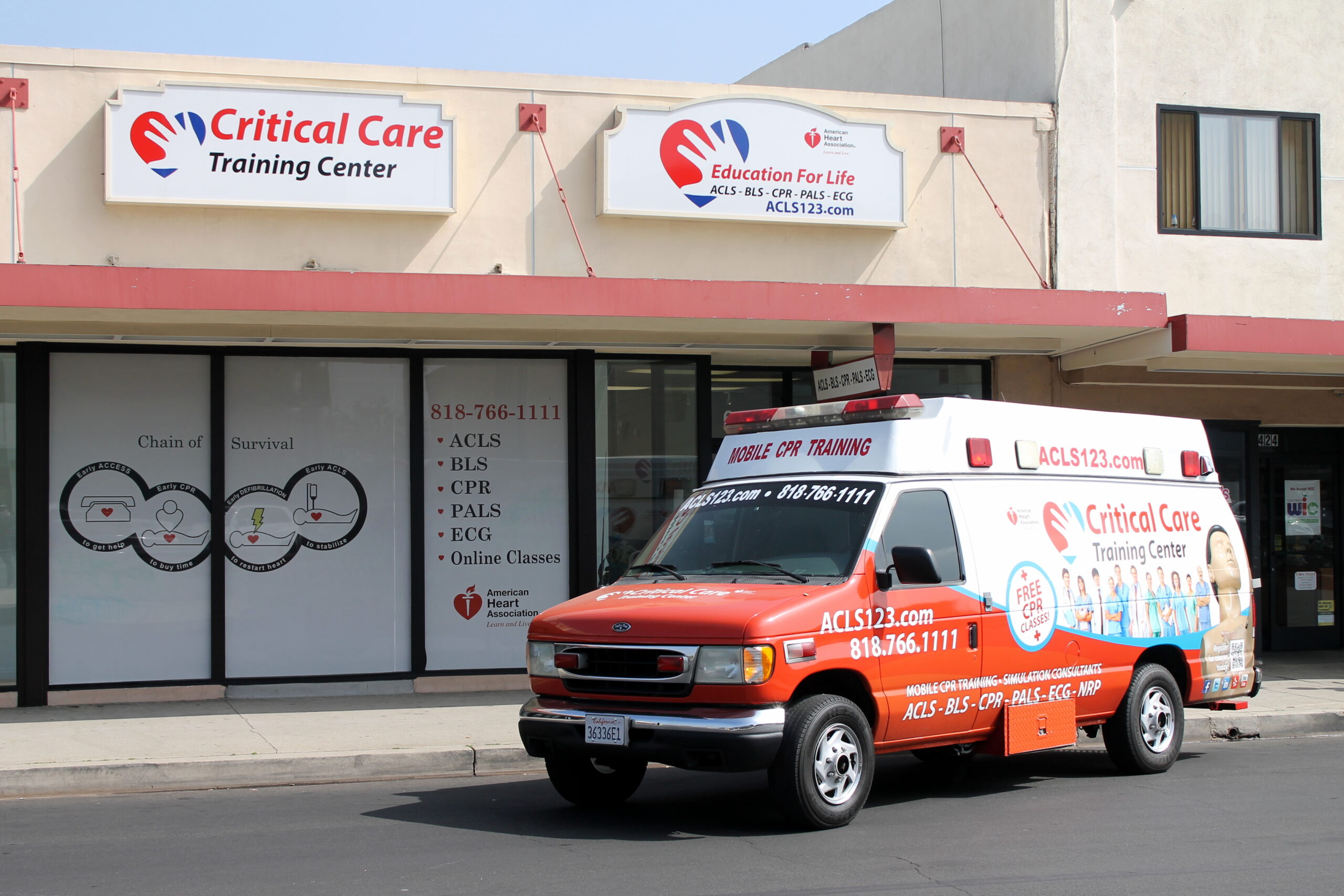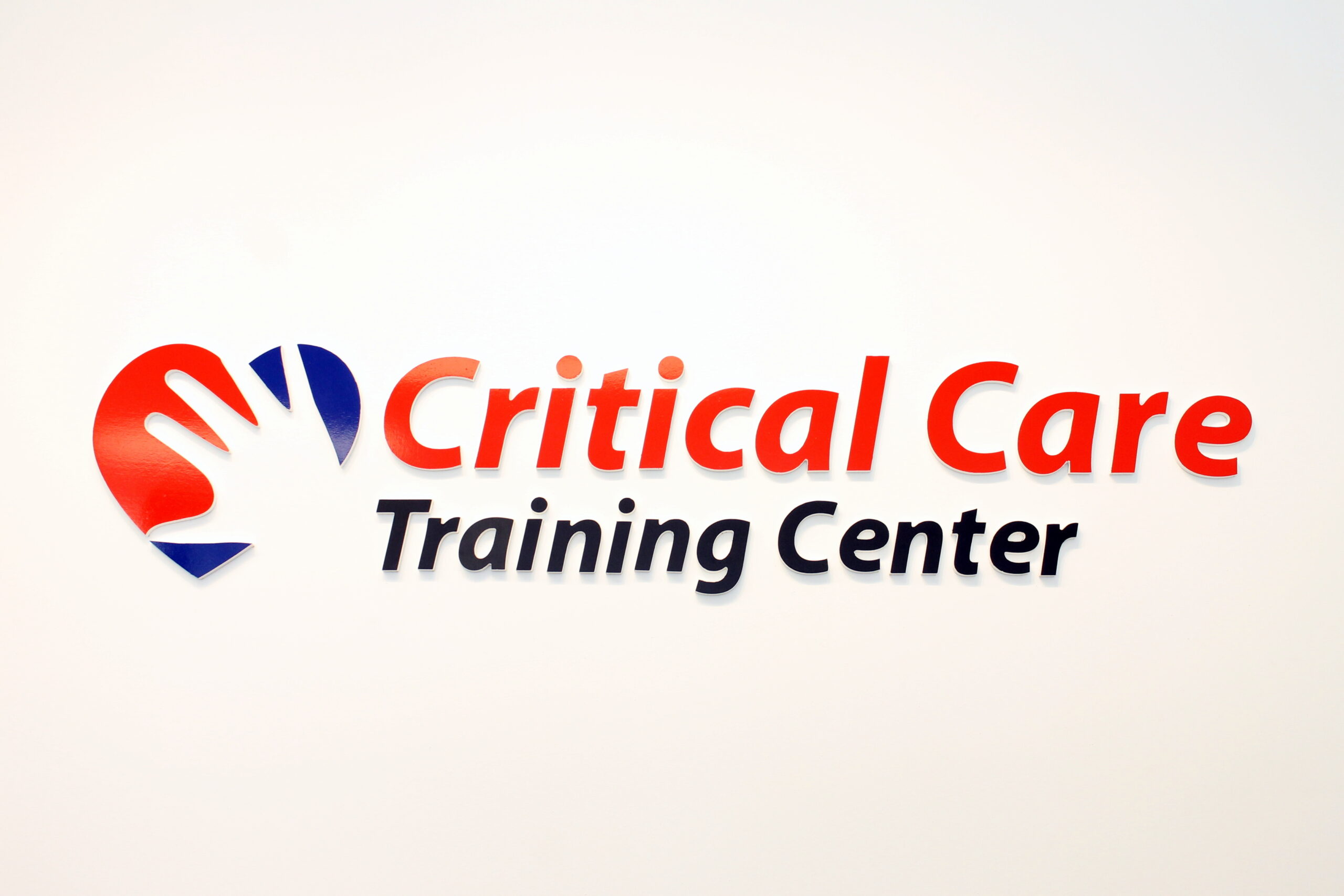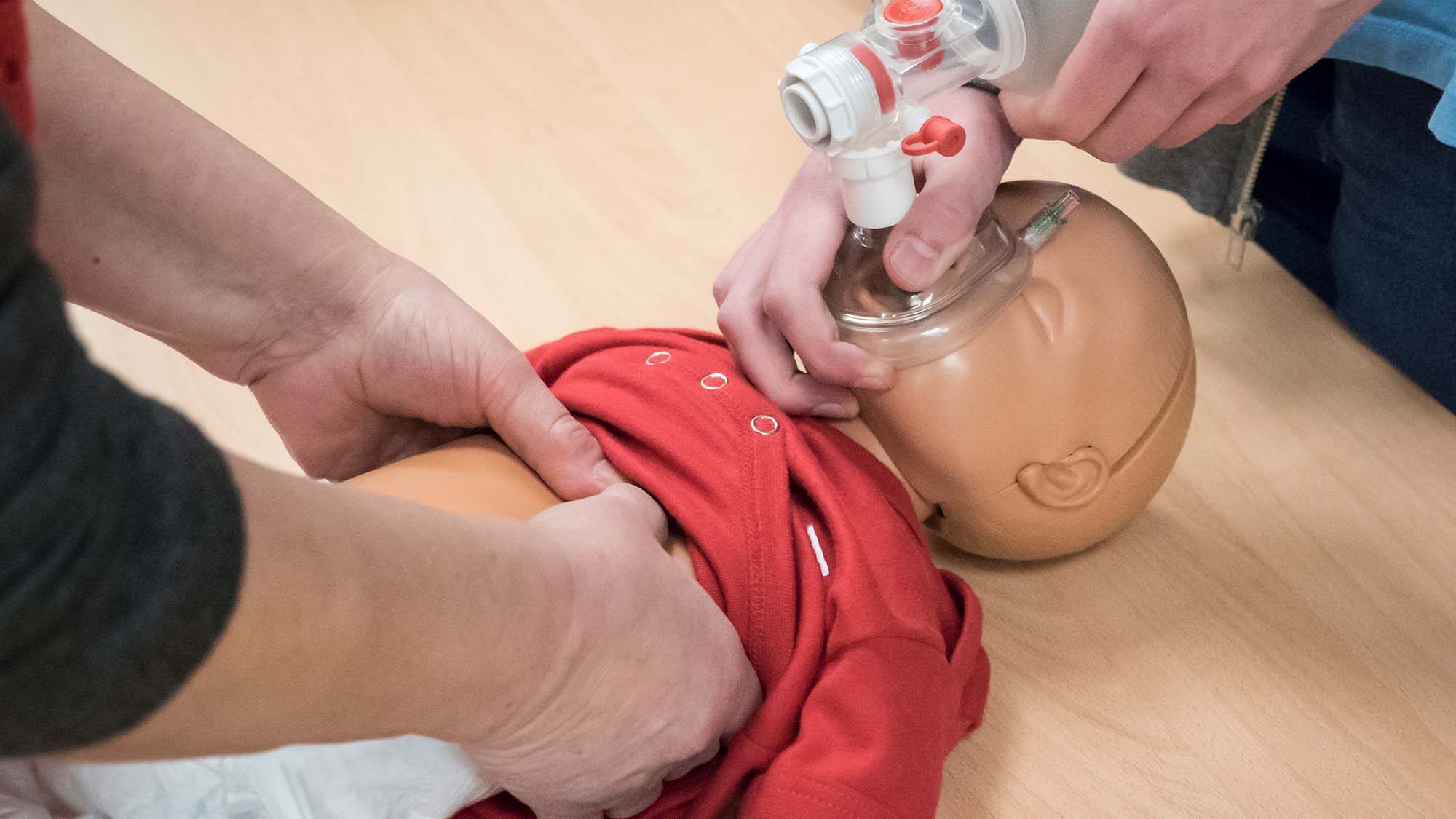Essay by: ISP088
1-2-3-4-5-6-7-8-… my hands began pushing on her chest…”Oh my god she is touching her! She has blood all over her! I can’t believe she is touching her!” the people on the sidewalk shouted. What seems like minutes go by I still continue my compressions… 23-24-25-26-… Suddenly a man kneels down beside me and asks me “What do I do!? I don’t know CPR but I want to help!” I show him how to do compressions so that he could help. As I stood back and calmed my nerves, I started to recall the nightmarish events that had just occurred. I looked around and saw a crushed red convertible that had collided with an SUV. The impact was enough that it threw this young woman several yards from her car. Screaming and frantic calls for help ensued: “Did that really just happen? Oh my God, is this for real!? Call 911!” But all the while the young woman was being neglected of what she needed most, CPR. I thought to myself “this person is someone’s daughter, a family member, a loved one”. Although she was a stranger to me, I could not help but to be empathetic towards her and her family. As I pressed my hands against her chest, I realized how fragile and precarious life is and the best we can do is be ready for the unexpected. Luckily for this young woman, I was ready.
Although my actions will likely go unrecognized by the young woman and her family, I am gratified to know that my adeptness in CPR helped save this young woman’s life. Losing a loved one unexpectedly is one of the most heartbreaking circumstances to endure, and I am glad that was able to help spare her family from extensive grief by performing CPR. As simple as it is, studies show that providing immediate CPR after sudden cardiac arrest can double or triple the victim’s chance of survival (1). It can be a lifesaving tool in emergency situations but unfortunately, many people do not make the effort to learn CPR and many lives are lost prematurely.
To me, the factor that limits the knowledge of CPR is the lack of incentive. CPR saves lives but most people are still ignorant of the technique. It is true that the majority of us will never be in a situation in which performing immediate CPR is the difference between life and death but chances are, if you were to be in such a situation, it would involve someone you love. Studies show that 88% of cardiac arrests occur in the household but only 30% of Americans are certified in CPR (1). Taking these statistics into account, it is clear that countless lives are needlessly being lost, but even so, motivation to learn CPR is still lacking. Although it may be difficult to pinpoint a reason why so few Americans know CPR using data and statistics, it may be that personal experiences play a role in stimulating incentive. Perhaps a person needs to undergo a traumatic or life-threatening experience involving themselves or a loved one to realize that knowing CPR might be useful. However, this incentive is only generated after the tragic loss of a loved one. This pattern must be broken and action must be taken sooner.
Because of this, I urge you not to procrastinate in learning CPR. No one is immune to accidents and health complications and CPR may serve as threshold between life and death for someone you love or another individual. Empower yourself to save a life and learn CPR.
References
1. “CPR Statistics.” CPR Statistics. American Heart Association, June 2011. Web. 18 Aug. 2014.









